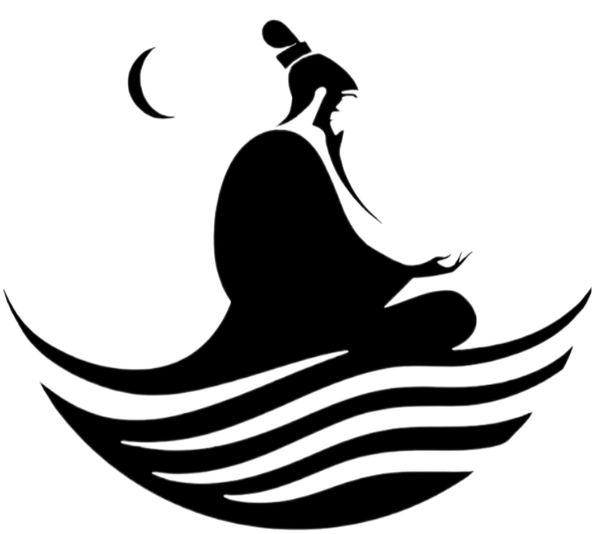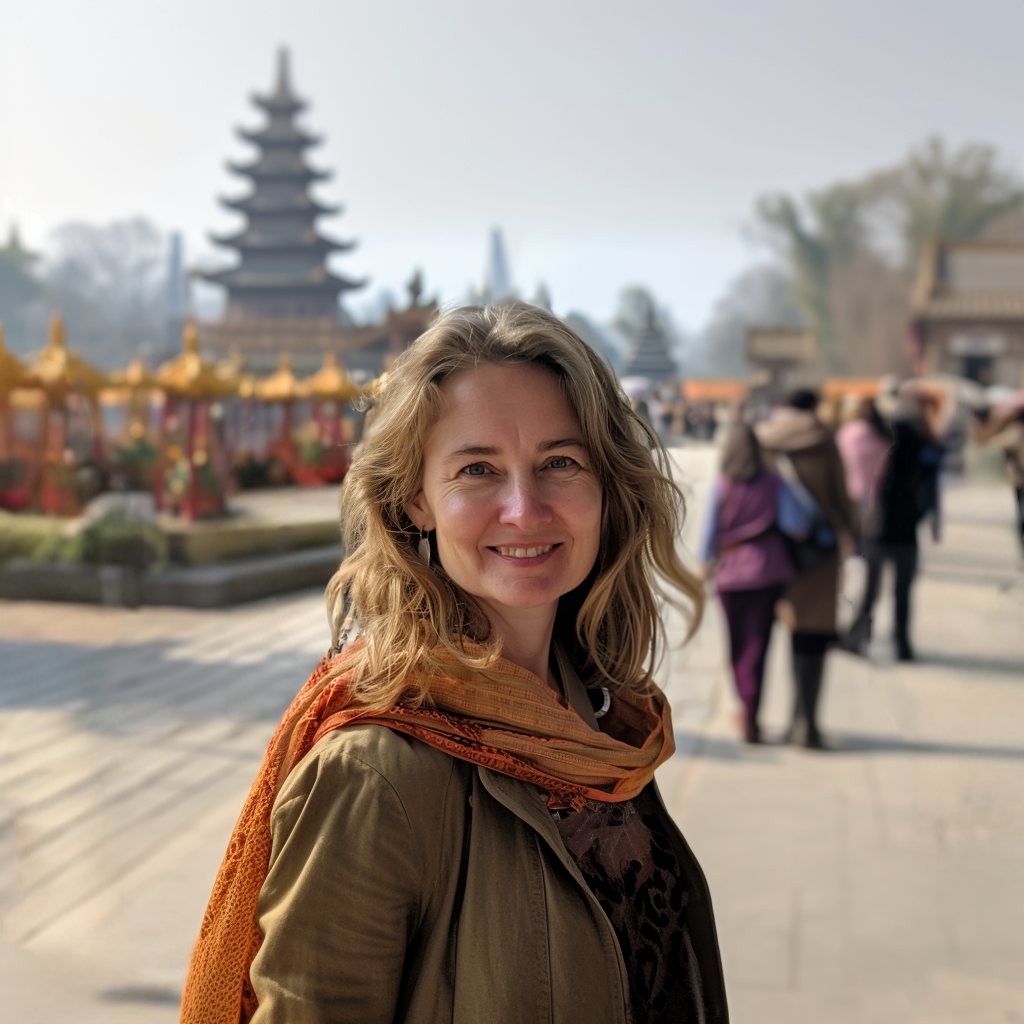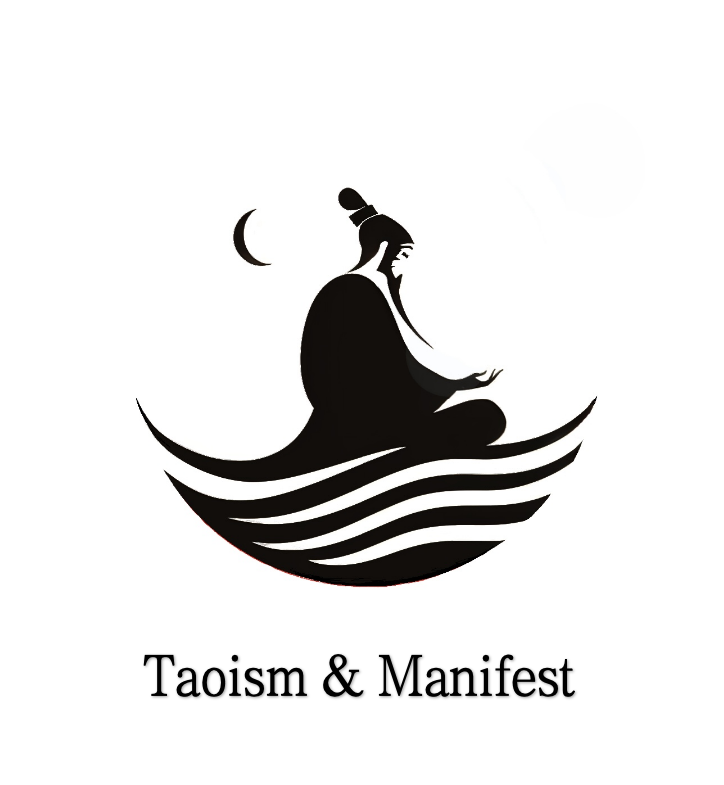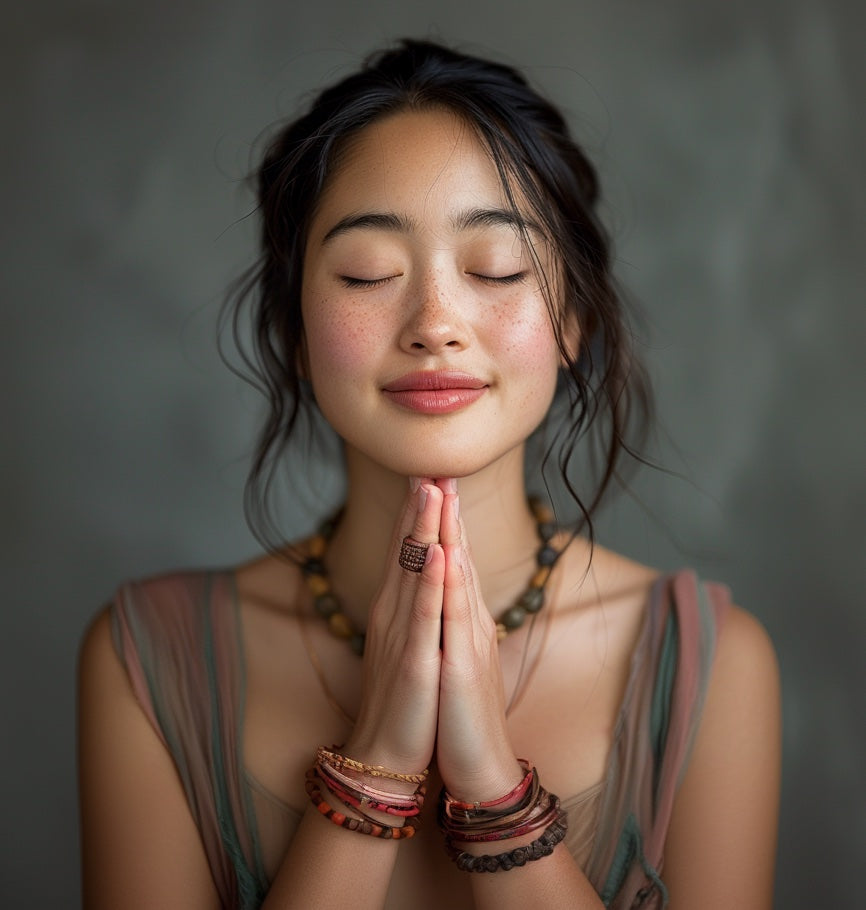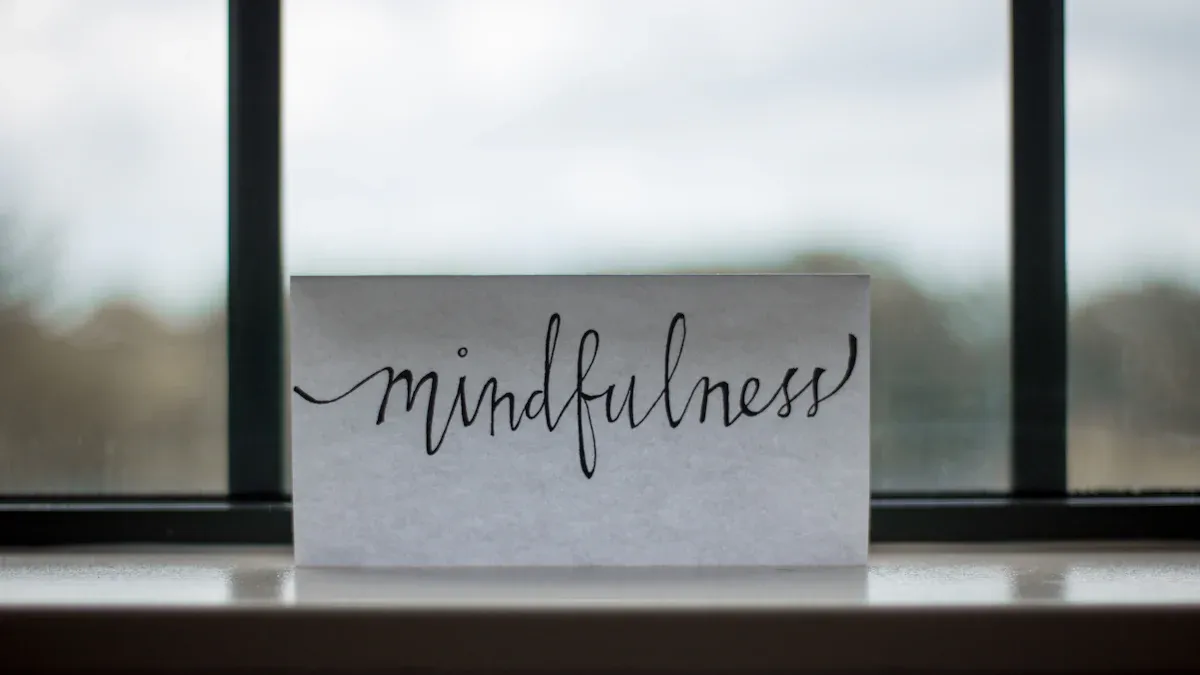
Taoism teaches that peace and creativity grow when you leave space in life. The Tao shows that living in the moment brings balance, not being busy. Many people feel overwhelmed every day. About 69% say they are “busy” or “very busy.” When you fill every moment, you often lose your peace. Scientists found that free time helps your mind rest and brings new ideas. By practicing Taoism, you can find harmony, let go, and enjoy the good things that come from leaving space.
Key Takeaways
Giving yourself free time lets your mind relax and helps you think of new ideas. Taking breaks is important for your brain.
Practicing Wu Wei means you act in a natural way. You know when to work and when to rest.
Living a simple life brings you peace and balance. It makes you happy because you focus on what is important.
Taking breaks often helps lower stress. It also gives you more energy and helps you pay attention better.
Making small changes, like setting goals, helps you feel calm. Letting go of extra things to do makes life easier.
The Value of Space

Wu Wei in Daily Life
Taoism teaches you that space is not empty but full of potential. The idea of "leaving space" (留白) appears in both art and life. In traditional Chinese painting, artists leave parts of the canvas blank. This blankness brings balance and lets your eyes rest. It also gives your mind room to imagine. In your daily life, you can practice this by allowing moments of stillness. You do not need to fill every second with activity. When you pause, you create space for new ideas and inner peace.
Wu Wei, or "effortless action," is a key part of Taoism. It means acting in harmony with the natural flow instead of forcing things. You can see Wu Wei in the story of Cook Ting from ancient Taoist texts. Cook Ting cuts an ox with such skill that he moves with the rhythm of nature. He does not rush or push. He lets his actions follow the natural way. This is not the same as doing nothing. Wu Wei is about mindful action and flexibility. You learn to notice when to act and when to wait. This brings balance and serenity to your choices.
"Wu Wei, translated as 'non-doing' or 'effortless action,' is a fundamental concept in Taoism. It refers to a state where one effortlessly aligns with the natural flow of the universe, achieving harmony and effectiveness without forceful action."
When you practice Wu Wei, you become more adaptable. You respond to life with calm and clarity. Research shows that taking breaks and allowing your mind to wander helps you solve problems and feel less stress. You find that balance comes from knowing when to act and when to rest. This approach leads to greater harmony and inner peace.
Simplicity and Harmony
Simplicity is another core value in Taoism. You do not need many things to feel happy. Taoist philosophy uses the image of "uncarved wood" to show the beauty of a simple, natural life. When you let go of extra desires and worries, you return to your true self. This simplicity helps you live in harmony with the world around you.
Living simply means you focus on what matters most. You spend time in nature, enjoy quiet moments, and keep your life uncluttered. This brings peace and balance. Studies show that people who live simply and follow healthy routines feel more satisfied and less stressed. You can find joy in small things and connect deeply with others.
Simplicity gives you space for creativity.
Harmony grows when you let go of what you do not need.
Balance comes from living in tune with nature and the tao.
When you embrace simplicity, you discover inner peace. You feel more flexible and open to change. Taoism reminds you that true harmony comes from living in harmony with nature, practicing non-action when needed, and finding balance in every part of your life.
The Cost of Filling Every Moment
Stress and Burnout
When you try to fill every moment of your day, you may think you are reaching peak productivity. In reality, you often create more stress and pressure for yourself. You might notice your mind racing as you try to keep up with a packed schedule. This constant rush can make you feel tired and anxious. Over time, you may even face burnout. Your body and mind need time to rest and recharge. Without breaks, you lose the energy that helps you do your best work.
Taoism teaches that you should not force yourself to be busy all the time. The Taoist idea of Yin and Yang shows that work and rest must stay in balance. If you only focus on doing more, you ignore the natural rhythms that keep you healthy. When you pause and accept moments of stillness, you allow your mind to relax. This helps you return to your tasks with fresh ideas and energy. You can reach peak productivity by following the tao of productivity, which means working with the flow of nature, not against it.
Remember, even nature takes time to rest. Trees shed their leaves, rivers slow down, and animals sleep. You need rest, too.
Losing Balance
If you never leave space in your day, you risk losing your sense of balance. You may start to feel overwhelmed or disconnected from yourself and others. Your relationships can suffer because you have no time to connect. You might notice that you get frustrated more easily or feel lonely, even when surrounded by people.
Long-term busyness can also harm your health. You may have trouble sleeping, feel tired all the time, or get sick more often. Your mind needs downtime to stay clear and focused. When you give yourself space, you build emotional strength and find balance in your life. Taoism reminds you that true balance comes from living in harmony with nature and respecting your own limits. By leaving space, you protect your well-being and enjoy life more fully.
Time Spent Not Working
Embracing Rest
You might think that staying busy all day helps you get more done. In reality, your mind and body need regular breaks to stay healthy and creative. Taoism teaches that rest is not wasted time. Instead, it is a chance for you to recharge and find inner peace. Many cultures around the world value time spent not working. For example:
People in Germany and the Netherlands enjoy shorter work hours and more leisure.
The French spend more time eating, drinking, and sleeping than people in the United States.
Countries like Sweden and Iceland work to give everyone, including women, more free time.
These habits help people feel happier and more balanced. Studies show that taking short breaks during the day, called micro-breaks, can reduce stress and boost your energy. When you pause every two hours for just ten minutes, you give your mind a chance to rest. This is the idea behind the "Leave Space Day Plan." You set a timer, stop what you are doing, and let yourself do nothing for a little while. You might stretch, take a few deep breaths, or simply look out the window.
"Rest is not a pause in your growth. It is the foundation for your strength and well-being."
Many readers who tried the Leave Space Day Plan noticed big changes. Some felt less tired at the end of the day. Others said their mood improved, and they felt more creative. One reader shared, "I used to feel drained by lunchtime. Now, after my breaks, I feel ready to tackle new challenges." Another wrote, "I found more inner peace and patience with my family." These small breaks help you recover from stress and keep your mind clear.
Reflection and Clarity
Rest is not just about stopping work. It is also a time for reflection. When you take a break, you can check in with yourself. You might ask, "How am I feeling right now?" or "What do I need?" This simple act helps you understand your thoughts and emotions. Scientists have found that regular reflection makes your mind stronger. It helps you manage stress, make better choices, and feel more satisfied with life.
Mindfulness practices, like deep breathing or gentle stretching, can help you clear away mental clutter. When you reflect, you notice what matters most to you. You become more aware of your feelings and actions. Over time, this builds your inner peace and helps you grow as a person. Some readers who tried the Leave Space Day Plan said they felt more focused and calm. One person shared, "I started to see patterns in my thinking. I learned what really makes me happy." Another said, "Reflection during my breaks helped me solve problems faster."
You can start with small steps. Try journaling for a few minutes during your break. Or simply sit quietly and notice your breath. These moments of reflection add up. They help you find clarity and make choices that match your values. As you practice, you will notice more inner peace and confidence in your daily life.
Finding Balance Through Simplicity
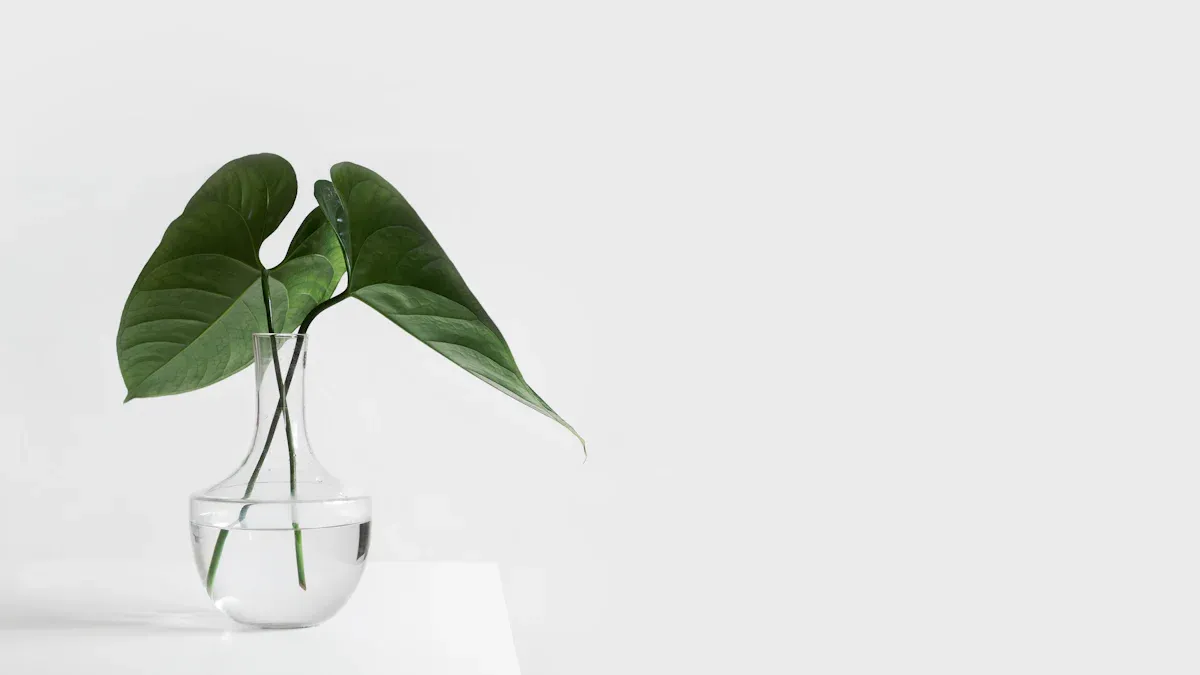
Practical Tips
You can start to find balance by making small changes. Taoism says that living simply helps you make space for what matters. Here are some easy ways to bring more harmony and flexibility into your life:
Group similar tasks together for each week. This helps you focus and makes it easier to change plans.
Pick one day to catch up on work. Keep your work light so you do not feel stressed and can get more done.
Use a planner or app to list your top three to five goals each week. This helps you stay on track and not feel overwhelmed.
Make some places device-free, like keeping your phone out of your bedroom. This cuts down on distractions and helps you sleep better.
Write in a journal or use a habit tracker every day. Celebrate your wins and see where you can do better.
Stay away from screens before bed. This helps you sleep well and wake up feeling good.
Give away tasks that are not important. This gives you more time for what matters and helps you get more done.
You can also help your body and mind by sleeping at the same time each night, getting sunlight in the morning, and eating meals at set times. These habits help you feel balanced and healthy.
Letting Go
Taoism tells you to act without forcing things and let go of things that hold you back. When you stop trying to control everything, you become more flexible and open to change. This helps you do better at work and in life.
Letting go means you pay attention to what is really important. You may feel less stressed and more calm when you make your schedule simple or clean up your space. Many people feel better and even get new ideas when they live simply. You might also see your relationships, money, and mood improve.
Tip: Try spending time outside or meditating for a few minutes each day. These easy habits can help you feel calm and balanced.
By following the tao of productivity, you learn when to act and when to rest. This helps you move with life instead of fighting it. Living simply and letting go helps you get more done, feel peaceful, and enjoy life more.
When you leave space in your day, you invite more peace and creativity into your life. Many people find that embracing simplicity brings a sense of balance and calm. You might notice less stress and more focus as you let go of clutter and busy routines. Try the Leave Space Day Plan and see how your own sense of peace grows. Emptiness is not a weakness—it is a strength. Share your journey or reflect on the changes you feel.
FAQ
What does "leaving space" mean in Taoism?
You leave space by not filling every moment with tasks. This gives your mind and body time to rest. You find more peace and creativity when you allow emptiness in your day.
How can I start practicing the Leave Space Day Plan?
You can set a timer for every two hours. When it rings, take a ten-minute break. Use this time to relax, stretch, or just breathe. You will notice more energy and focus.
Will taking breaks make me less productive?
Taking breaks helps your brain recharge. You often get more done after a short rest. Many people find they work better and feel happier when they leave space in their day.
Can I use these ideas at school or work?
You can use these ideas anywhere. Try short breaks between classes or tasks. You will feel less stressed and more ready to learn or work. Even a few minutes of quiet can help you.
